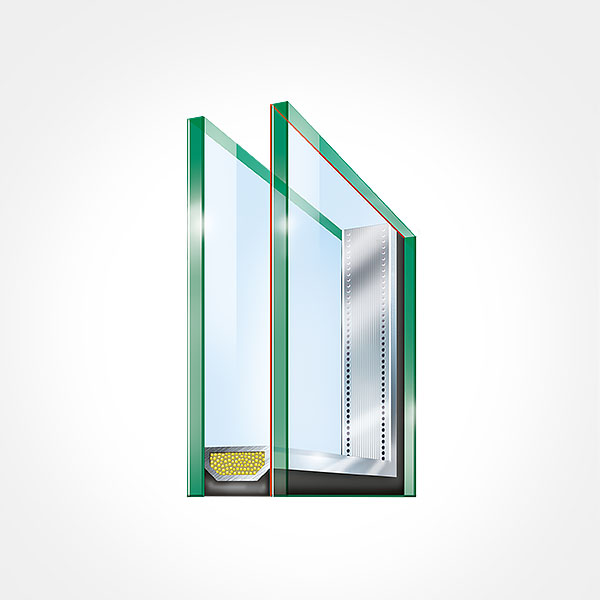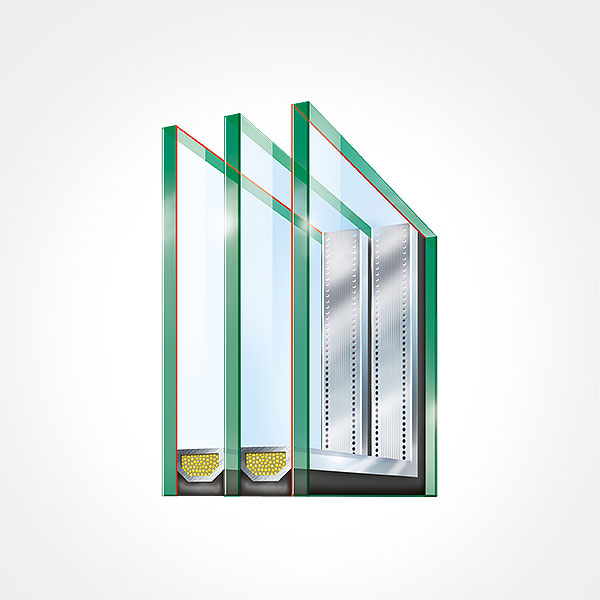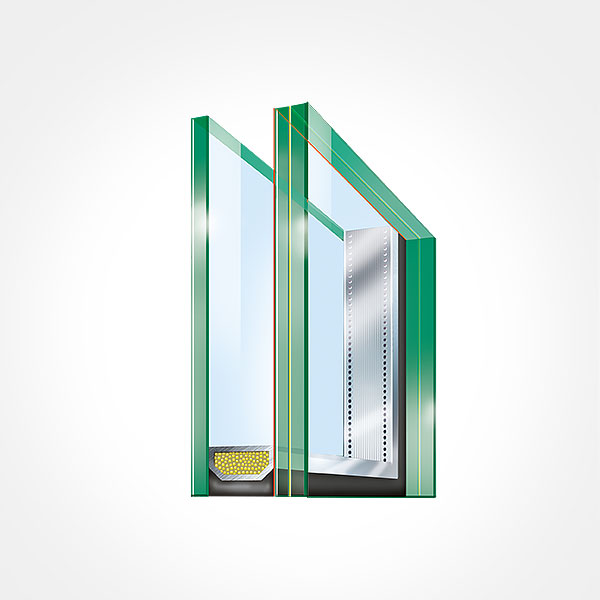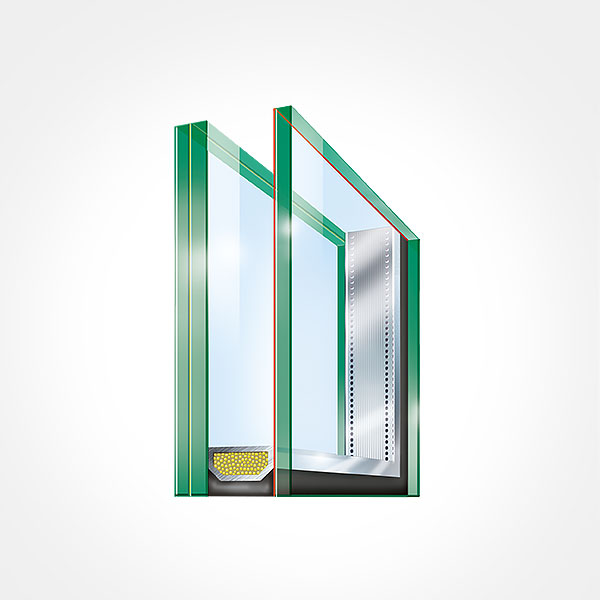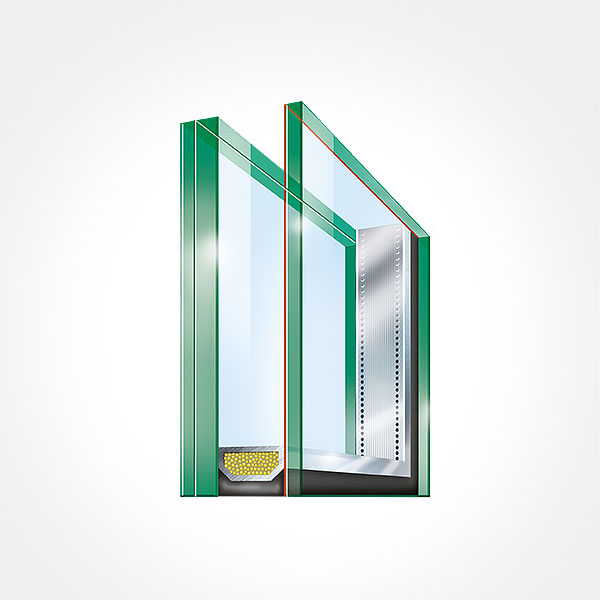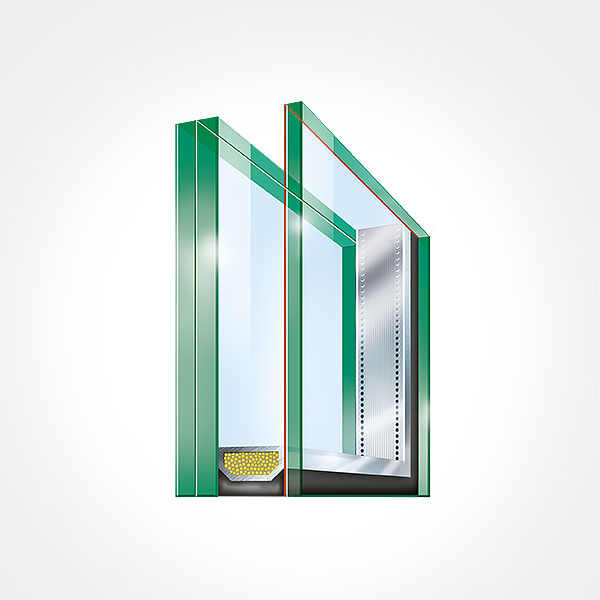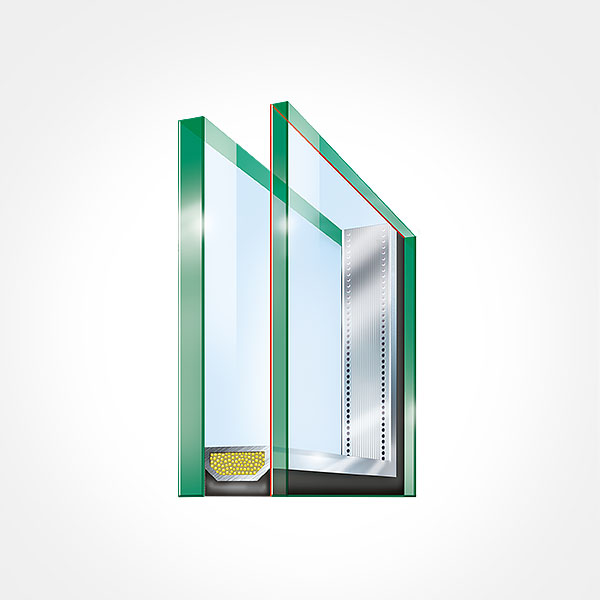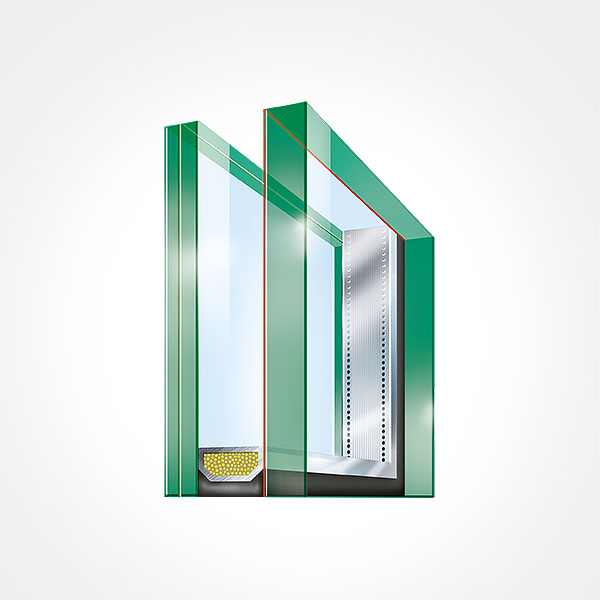Glazing for Windows and Doors
Save Energy, Reduce Noise and Stay Safe
Glazing types
The right glazing can save you money, keep warm air in, protect your home and regulate light and temperature. Homes across the world differ in their local climate, construction materials, orientation and size. Moreover, each window of that home has a different purpose. Bathroom windows need to provide light and occasional ventilation but cannot be see-through. Skylights should provide maximum light but pose little risk for forced entry. Patio doors however should be large, offer maximum views but be difficult to break. Modern glazing offers solutions to each of these needs both alone and in combination.
Finding the Right Type of Glazing
Windows can do so much more than look good and let light in. Based on the location of the window including its orientation to the sun, what floor it is on and the room it is in, the following features should be considered:
- Sound reduction - Sometimes called soundproofing, special glazing can reduce the decibel level of outside noise
- Thermal insulation -- Insulation prevents energy loss whether warm air in winter or cool air in summer
- Security - Options like laminated safety glass and impact resistant glazing can make glass very tough to break.
A ground level patio door in a busy area should include all of the above three features for example. Second floor windows, however, would only need insulation and sound reduction. Insulated glazing alone would suffice for a suburban home for example.
Thermal Insulation
Imagine a heating vent or radiator right in front of a big hole in the wall. Every minute your heat is running, you're wasting both energy and money while hurting the environment. Old windows and poor glazing aren't that different. Whether a window, door or a conservatory, the type of glazing used in your home plays a significant role in its insulating ability, your home's energy efficiency overall and of course your monthly bills!
The U-value defines the amount of heat moving from inside to outside through one square meter in one per second – in other words, it measures how well something insulates. Today, double glazing is the minimum level allowed in new construction in Germany though most people are now opting for triple glazing. This makes it cheaper to order triple glazed windows from Germany to another country than buying them domestically where they are rare.


